Sign Language At SPASH?
December 16, 2022
Did you know that about every state allows sign language to be taught in schools and most considers it a foreign language, “but why isn’t it really taught in many places?” A question you may find yourself asking; I found myself asking that same very question, but the answer isn’t that easy to find. Sign language is a neglected subject in the schooling system. This article will discuss where sign language is allowed, deaf/ hard of hearing peoples opinions on the neglect, and why it could possibly not be in schools and SPASH.
Where is it allowed?
Where is Sign language available? A good question to be asked, technically different types of sign language are taught everywhere “… there’s different ways of doing things like there’s the French version, and an American version. There’s different versions [of sign language]” this was a quote from Mrs.Witte a special education teacher and a mother of a son who is hard of hearing. In other words, there’s a version of sign language for each language, like how ASL is our american sign language.
Where is it allowed locally? Well most states allow sign language and consider it as a foreign language. Take Wisconsin for example, this upcoming quote was stated by a document about, which States recognize American sign language as a foreign language, and allows it to be taught in schools.
WI State law 1991, states that American Sign Language is recognized as a foreign language within the state’s K-16 educational system. School boards in individual districts may grant foreign language credit to a pupil who successfully completes a course in American Sign Language.
This means that Wisconsin considers it a foreign language and can be allowed to be used as a foreign language credit; but no schools really provide a sign language class within our school district.
Is it wanted?
Is it wanted by the deaf/hard of hearing community? Well, according to Pam a hard of hearing student at SPASH, “Yeah, it would always be amazing for more people to know some sign language, I think it’s super beneficial, not just for people who are hard of hearing or deaf,” In other words, it’s always nice to have others who are hearing to be able to talk, and communicate with deaf/hard of hearing people; and that it could be beneficial for both sides not just those who lack hearing.
The lack of knowledge of ASL or sign language just isn’t fair to those who are hard of hearing/deaf, when I asked Mrs.Witte if she thought it was fair to deaf/hard of hearing people that so many people lack any sort of knowledge in sign language, in which she replied, “No, I don’t think it’s fair. I wish there were a lot more people out there that knew ASL and could help out in the classes.” In which basically means, she wishes more people knew sign language to help out everyone in class or out of it.
Why isn’t it here?
Why isn’t it taught near here? Another question with not an easy answer but I will attempt to answer it with my best ability. Simply there is no drive for it although, “between 2013 and 2016 show overall growth…American Sign Language, Arabic, and Chinese all increased in enrollments in that time span, because of their robust growth in earlier censuses,” this was stated by the MLA ( modern language association) saying that from the time span from 2006 to 2016 there has been an increase in enrollment in sign language classes in the US. We still don’t see much drive to learn it and a lot of people say they do want to learn sign language, but most don’t actually attempt to learn which tells school districts that we don’t have initiative to actually take the class.
The lack of drive could also be a result of people not understanding the importance of sign language. Some deaf/ hard of hearing people require people to know ASL and sign language to live their daily lives. No one really has hard of hearing/deaf friends or family so they don’t understand it. Mrs.Witte said this when asked if having a hard of hearing son changed the way she valued sign language, “Yes, very much so I feel like it’s more important now, knowing that [Wyatt her son] is, you know, hard of hearing and I definitely want more people to learn it, including for myself to do better at it but I didn’t see that until I had a hard of hearing son,” Thus showing, that she didn’t comprehend the value of ASL until it impacted her life, but most people don’t experience things like that.
There’s also a lack of sign language interpreters and even fewer sign language teachers. Without teachers they can’t teach sign language. Schools struggle enough to find and hire trustworthy interpreters, trying to fetch a sign language teacher would be like trying to get a needle in a mountain sized hay bale.
Funding is also a problem, if they can’t pay the sign language teachers then I doubt they would teach. The lack of funding is a problem as most states allow it to be a class but have little to no funding towards it.
What to take away from this?
What to take away from this article? Sign language is a very beneficial thing that not only benefits you, but those who actually need it. That benefit is being neglected by the school system, which is a shame, for us who want to learn it, and for those who need it to communicate with others. It’s not fully their fault as other things may come into play for the lack of sign language in schools, but there’s still more that can be done and provided to us that isn’t there.
























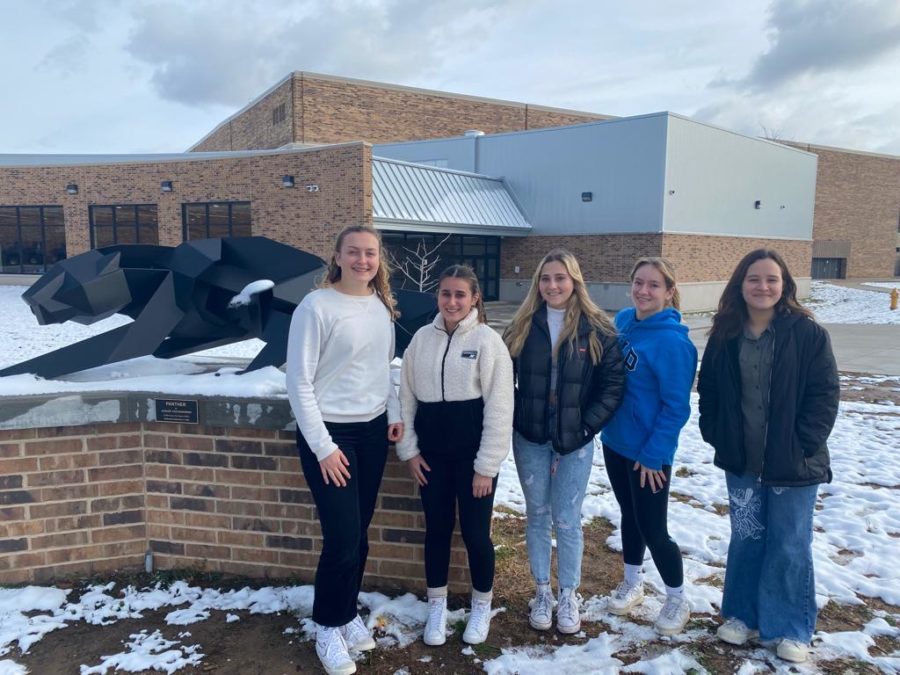
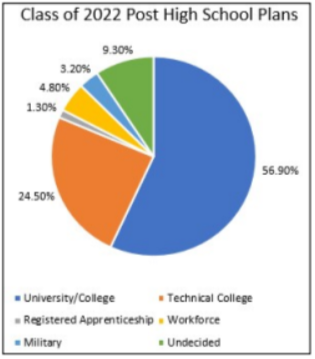
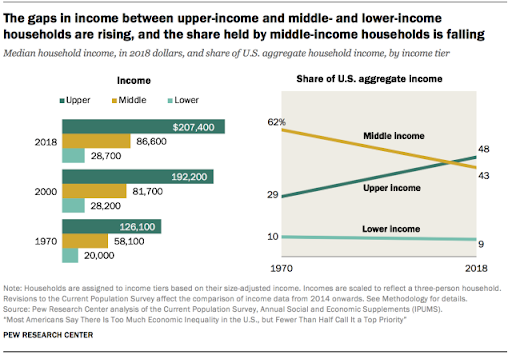
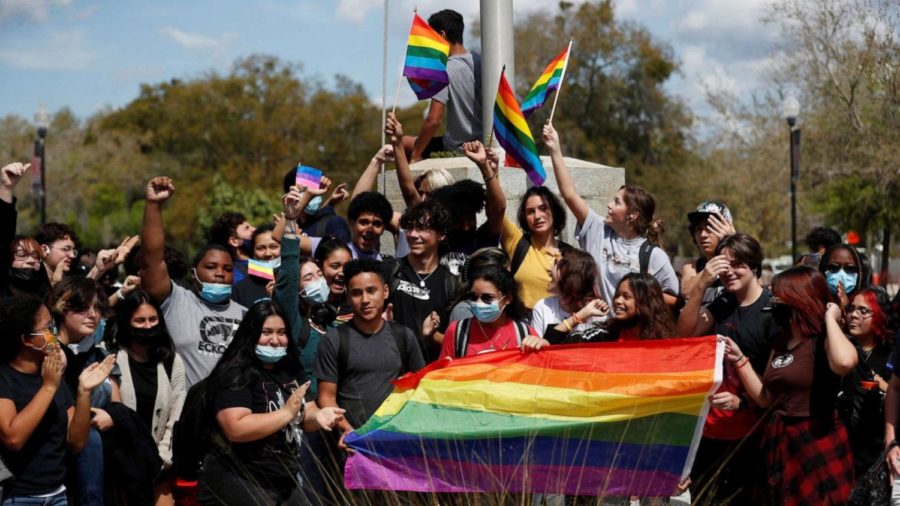










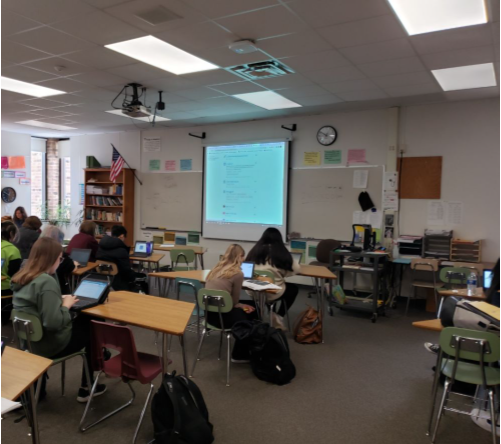
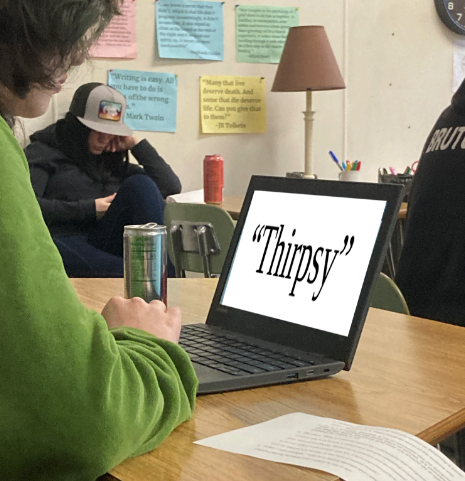





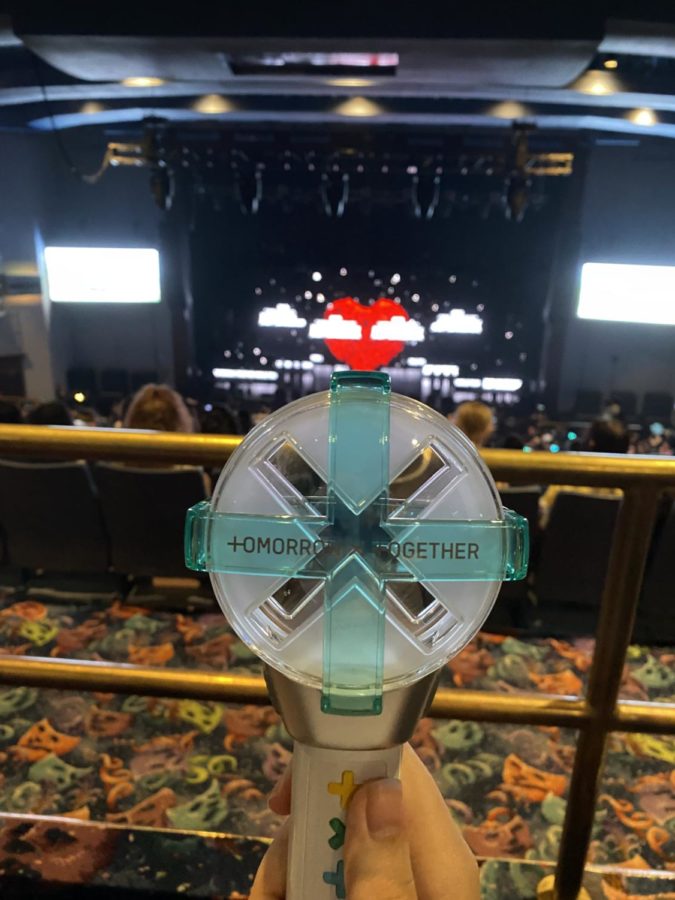

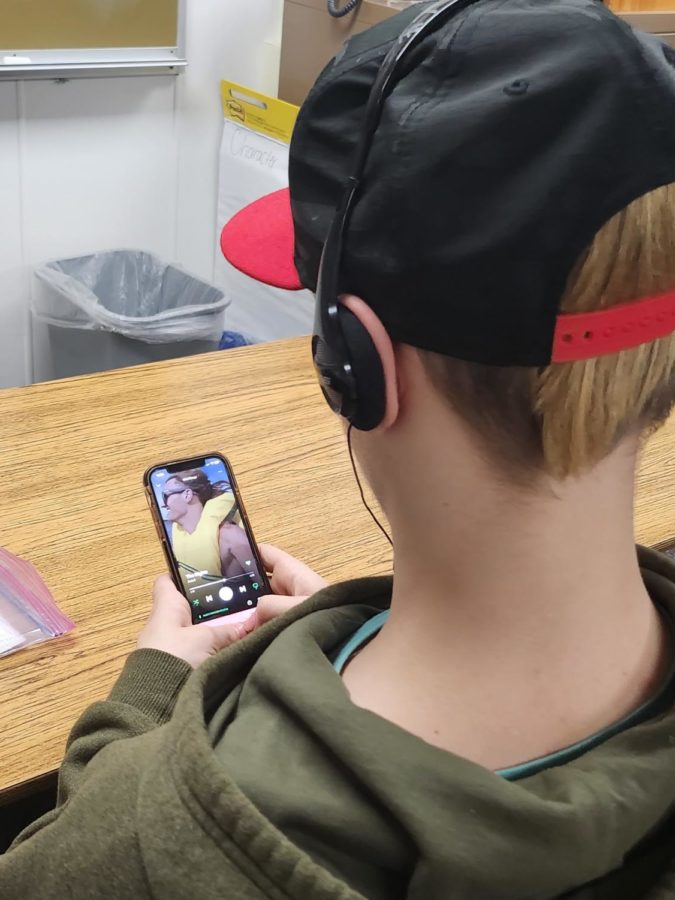







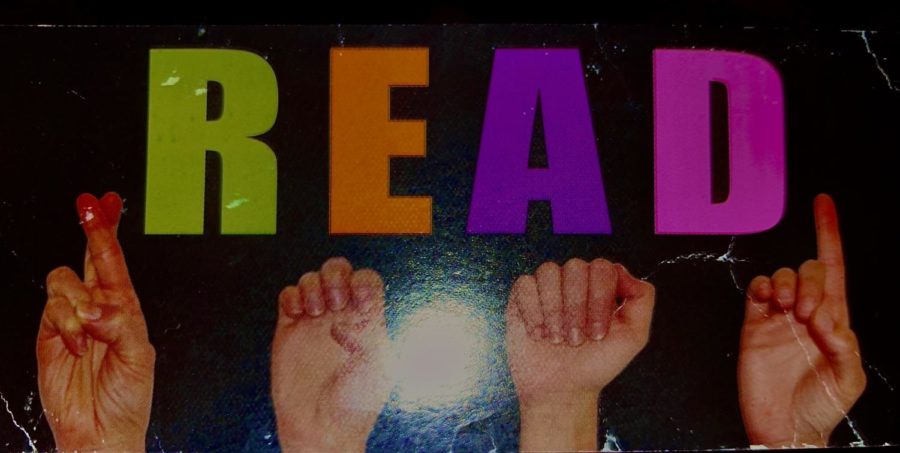
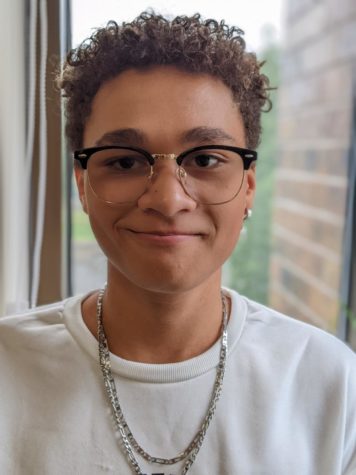

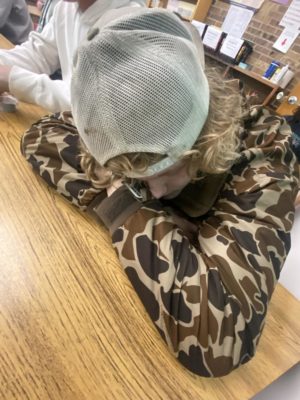

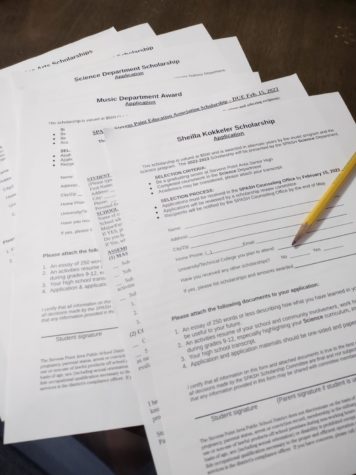
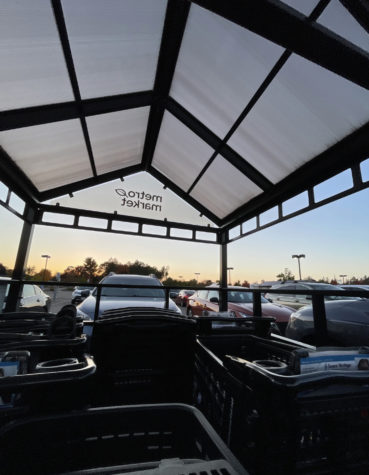


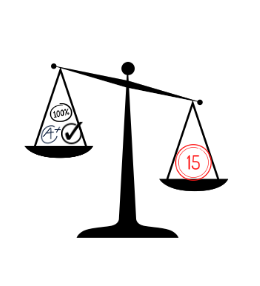
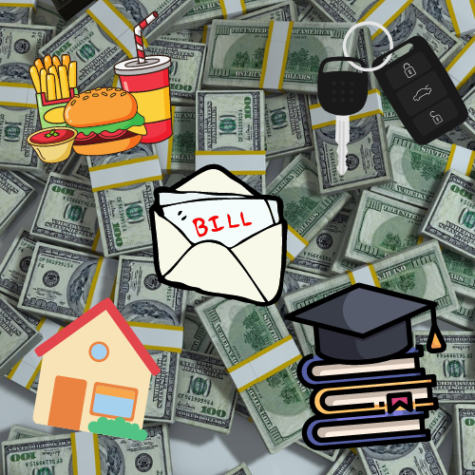
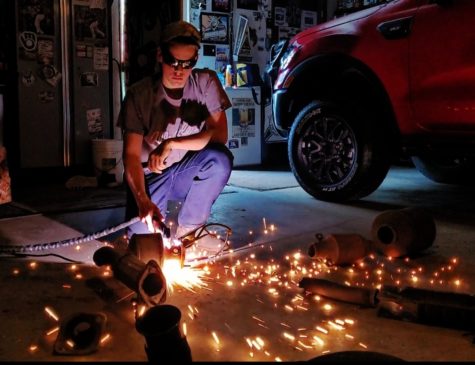
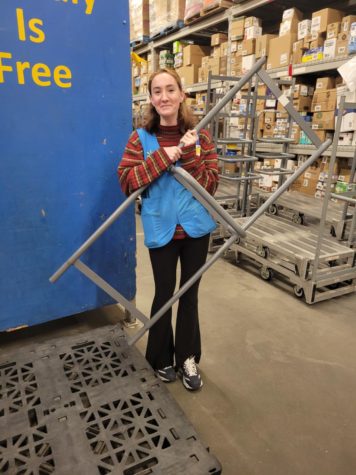
Chase Haferman • Dec 19, 2022 at 12:57 PM
Tasaun, I Liked how well you used your interviews and put it into your article. I think it helped give you a stronger claim.
Cassie Kitterman • Dec 19, 2022 at 9:37 AM
I find it really strange that schools aren’t teaching sign language like they would teach other foreign languages like Spanish. How do we show this district and others alike to include sign language into the foreign language programs offered at SPASH?
Xavier Stelk • Dec 19, 2022 at 12:57 PM
I also find that strange, like you would think that the school districts would do that to help the students in need.